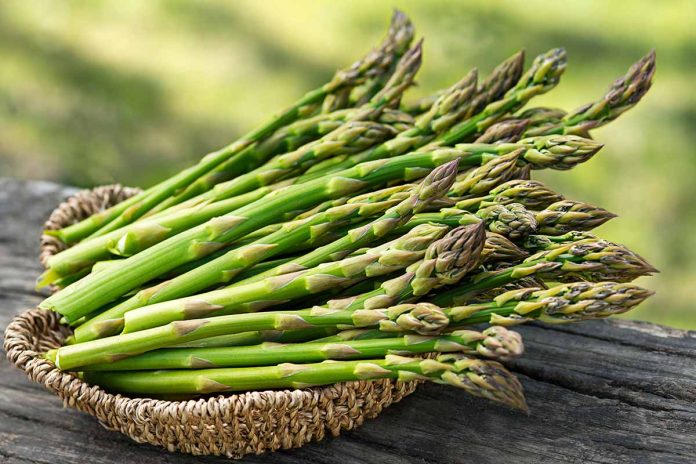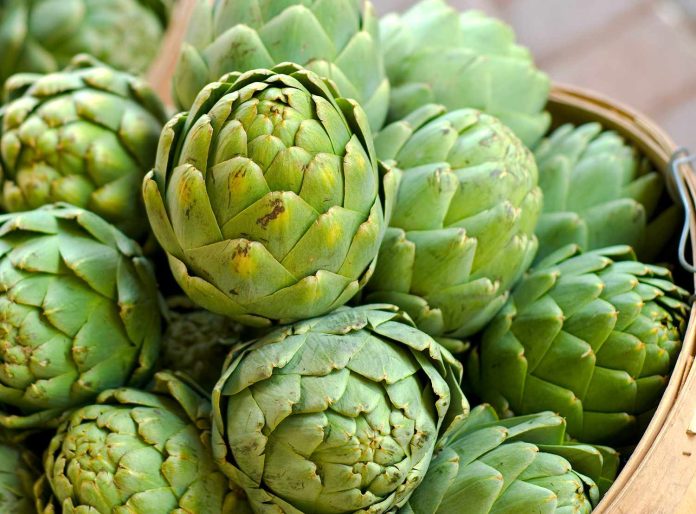Is Asparagus the Healthiest of Them All?
Asparagus, with its peculiar appearance and the notorious reputation of affecting post-consumption urine scent, emerges not only as a culinary marvel but also as a nutritional powerhouse. What makes asparagus a gem in the realm of health?
Despite its smelly aftermath, asparagus stands as a contender for the “Healthiest Vegetable” title. From supporting gut health to aiding cancer treatment and promoting heart health, asparagus boasts a myriad of advantages for overall well-being. Let’s delve into its nutritional composition, the plethora of health benefits it offers, and the art of selecting and storing it for maximal flavour and nutrition retention.
Nutritional Brilliance and Nutrients
On the nutritional front, asparagus shines bright. Laden with carbohydrates and a notable protein content, it also offers a commendable fibre quotient essential for digestive health. Moreover, it boasts a rich array of vitamins A, C, E, K, and B vitamins and minerals like copper, manganese, selenium, and potassium.
Asparagus doesn’t stop at the basics; it delivers a bounty of specialty nutrients, including powerful antioxidants like lutein, zeaxanthin, glutathione, and quercetin. These compounds play pivotal roles in combating inflammation, bolstering immunity, and combating oxidative stress.
6 Reasons Asparagus is a Superfood
1. Gut Health: Studies reveal asparagus’s capacity to enhance gut microbial diversity, potentially mitigating cholesterol levels and promoting cardiovascular health.
2. Cancer Treatment: Compounds within asparagus exhibit promise in impeding cancer cell growth and enhancing chemotherapy efficacy, particularly in ovarian and breast cancer.
3. Cardiac Health: Asparagus’s impact on gut bacteria positively influences heart health, potentially lowering circulating fats in the blood and reducing blood pressure.
4. Liver and Kidney Function: Research hints at asparagus’s protective effects against liver scarring and oxidative stress, showcasing potential benefits in liver and kidney health.
5. Eye Health: Anthocyanin-rich purple asparagus emerges as a champion in preventing eye-related disorders, offering protection against cataracts and macular degeneration.
6. Skin Health: Asparagus demonstrates protective effects against UV radiation damage and possesses anti-wrinkle properties, making it a potential ingredient in skincare products.
Selecting and Storing Asparagus
When selecting asparagus, aim for spears that are uniform in thickness to ensure they cook evenly. Thicker spears typically offer a more tender and flavorful experience, whereas thinner ones may be slightly more fibrous. Look for asparagus with smooth skin and a vibrant green or violet colour, as this indicates freshness and optimal flavour.
To store, start by trimming about half an inch from the ends of the spears. Place them upright in a glass or jar with about an inch of water to keep them hydrated. Loosely cover the spears with a plastic bag and store them in the refrigerator. Alternatively, wrap the spears in a damp paper towel and place them in the vegetable drawer of the refrigerator. Proper storage like this helps maintain freshness for up to a week. Remember to wash the asparagus thoroughly just before cooking to remove any dirt or sand residue for a clean and delicious dish.
Conclusion on Asparagus
Despite its peculiarities, asparagus emerges as a nutritional marvel with a plethora of health benefits. Asparagus serves as a testament to the adage: appearances can indeed be deceiving, especially when it comes to health-enhancing vegetables.
By incorporating it into your diet and employing proper selection and storage techniques, you can unlock its nutritional potential and elevate your culinary endeavours.



















